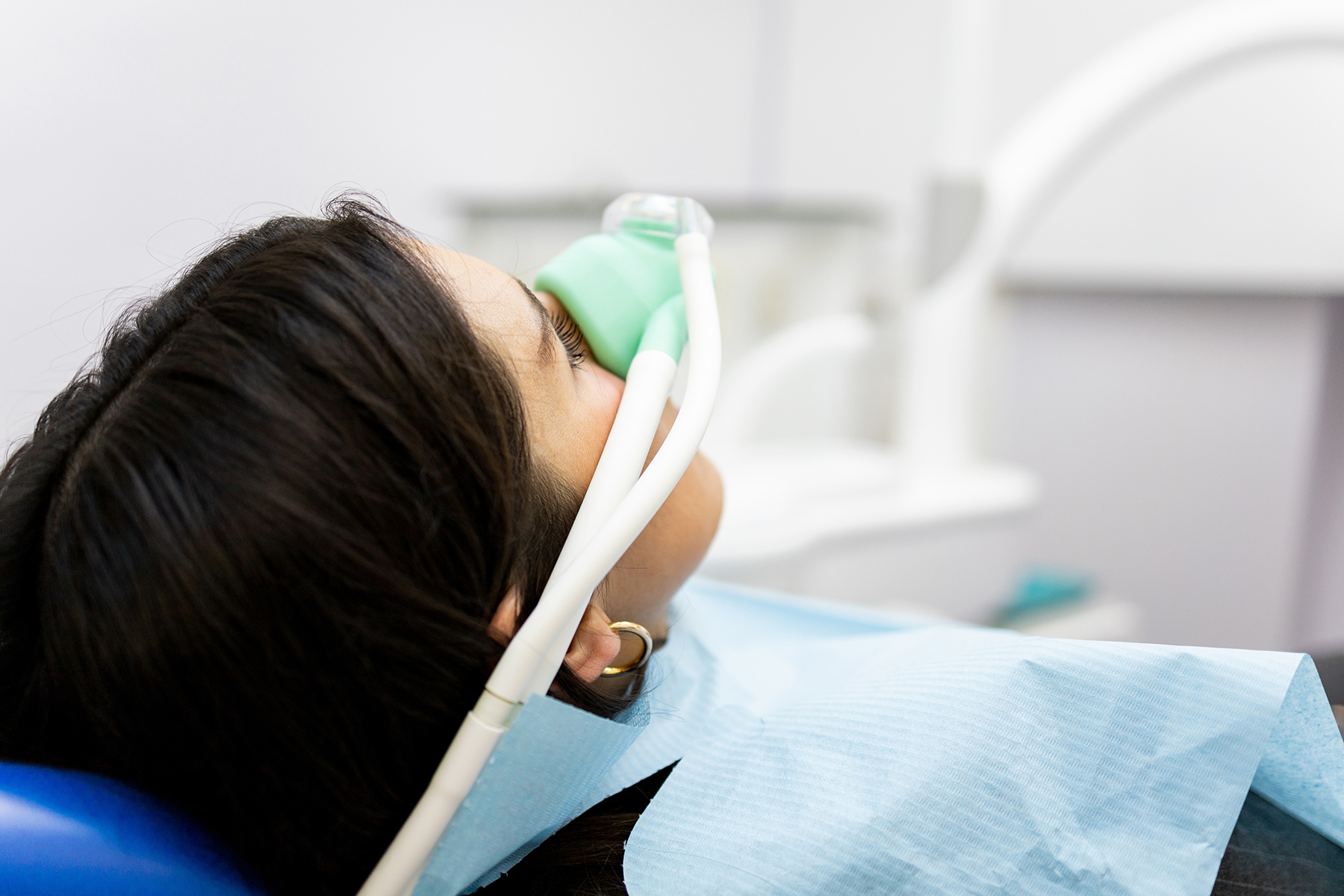Beyond The Fear
Surprising Benefits of Sedation Dentistry You May Not Know About

For many people, a trip to the dentist is far from a pleasant experience. Anxiety, stress, and even outright fear keep millions of individuals from scheduling routine dental care, leading to untreated cavities, gum disease, and more serious oral health complications. Dental anxiety is a well-documented issue, with some patients avoiding treatment for years – only to end up requiring extensive, costly procedures down the road.
Thankfully, sedation dentistry has transformed the way people experience dental care. Traditionally viewed as a solution for patients with severe dental phobia, sedation has grown into an invaluable tool that benefits a wide range of individuals. Beyond calming nerves, it is now widely used for patients with strong gag reflexes, chronic pain conditions, sensory sensitivities, and those needing multiple procedures in one visit. By minimizing discomfort and reducing physical and emotional stress, sedation dentistry is helping more people get the care they need – without fear or pain.
A solution for strong gag reflexes: For some, even the most routine dental procedures, such as cleanings, X-rays, or impressions, can trigger an involuntary gag reflex. This reaction isn’t just inconvenient; it can make appointments unbearable for the patient and difficult for the dentist. A strong gag reflex can interfere with fitting crowns, taking molds, and even performing standard exams, causing discomfort and frustration for both parties. Sedation dentistry, even in its mildest form, such as nitrous oxide (laughing gas), helps relax the muscles and reduce hypersensitivity, making dental visits far more manageable. With sedation, patients who once struggled to sit through an appointment can finally receive the necessary treatments without discomfort or interruptions.
Getting more done in fewer visits: Time is a luxury, and for many, multiple dental appointments can be challenging to fit into a busy work schedule, family life, or travel commitments. If a patient needs multiple fillings, extractions, crowns, or implants, spreading those procedures across numerous visits can be frustrating and mentally exhausting. Sedation dentistry allows for longer, more efficient appointments, meaning more procedures can be completed in a single visit. This is a game-changer for individuals who prefer to minimize their time in the dental chair or those traveling long distances for care. Rather than undergoing treatment piecemeal, sedation enables dentists to streamline the process, making it possible to address multiple dental concerns in one sitting.
Managing chronic pain and physical discomfort: For individuals with chronic pain conditions, such as arthritis, fibromyalgia, or TMJ disorders, sitting in a dental chair for extended periods can be excruciating. Holding a single position for too long may trigger muscle stiffness, joint pain, or nerve discomfort, making even a simple cleaning feel like a major ordeal. Sedation dentistry offers immense relief by relaxing muscles and reducing discomfort, allowing those with chronic pain to undergo treatment without unnecessary strain. It is particularly helpful for patients with TMJ dysfunction, as it helps minimize jaw tension, making it easier to keep the mouth open for extended periods without pain or fatigue.
Relief for sensitive teeth and sensory processing challenges: For patients with extreme tooth sensitivity, even the lightest touch of cold air, water, or dental instruments can cause sharp, intense pain. The discomfort can make routine dental care a challenge, often discouraging people from scheduling necessary treatments. Sedation helps dull these sensations, making procedures more comfortable by reducing heightened nerve responses. Those with sensitive teeth can finally receive cleanings, fillings, and other treatments without the fear of sharp, sudden pain.
Additionally, individuals with sensory processing disorders (SPD), such as those with autism or ADHD, often find the dental environment overwhelming. The noises, bright lights, and physical sensations can trigger anxiety, distress, or even physical discomfort. The sound of drills, the feel of latex gloves, and the bright overhead lights may be too much stimulation, making it difficult for them to stay calm or still during treatment. Sedation creates a calming environment, allowing these individuals to tolerate procedures with significantly less stress and overstimulation.
For anyone who has avoided the dentist due to fear, discomfort, or physical limitations, sedation dentistry provides a stress-free solution that makes essential care accessible and comfortable. As more people discover its benefits, it is transforming the patient experience, proving that a visit to the dentist doesn’t have to be stressful or painful. A healthy smile is vital to overall well-being, yet dental anxiety and sensitivities often stand in the way of proper care. By eliminating these barriers, sedation dentistry allows patients to receive the treatment they need with confidence and ease. With the right approach, maintaining oral health can become a positive experience, one that leads to a lifetime of healthier smiles and renewed confidence.
Dr. Edmond Suh
Owner of Supremia Dentistry, located at 1711 S. Main St. in Wake Forest.
- www.supremiadentistry.com
- 919-556-6200

